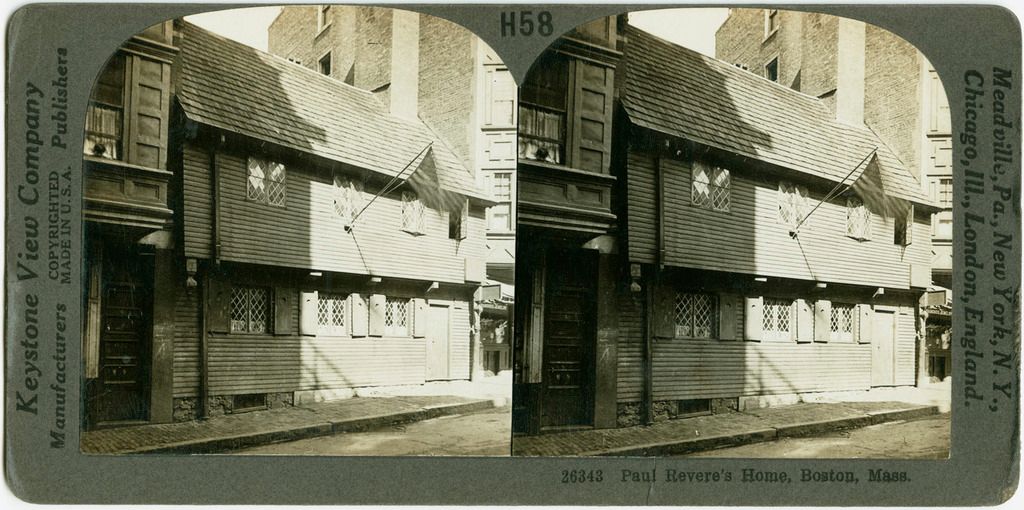Fuel Pricing Demystified: Why Some Believe Fuel is (Still) a Bargain
Gas prices often perceived as low-cost by numerous individuals: Justified Perspective? - Due to various factors, such as government subsidies and the perceived affordability compared to other necessities, many individuals hold the view that gasoline is undervalued.
Fuel prices are a hot topic, especially considering they've dropped considerably from recent highs. To some, this may seem like a reason to celebrate, but it's important to understand the complex factors at play. The question of whether fuel is cheap or expensive isn't straightforward; it depends on various aspects, including individual perspectives and historical context.
The Numbers
In May, the average price for a liter of Super E10 nationwide was 1.68 euros, according to ADAC data, while diesel cost 1.56 euros. These figures are lower than the average for 2024 and significantly less than in the pricey years of 2023 and 2022, when both fuels temporarily surpassed two euros per liter. However, a complete comparison might not be fair, as it fails to account for inflation. If prices are adjusted for the overall increase in goods and services since 2000, which was over 60%, fuel prices today seem reasonably average.
How Fuel Prices Are Determined
The price of fuel differs from most other goods because it's a composite of multiple factors. These include oil prices, taxes and levies, and processing and distribution costs.
- Oil Price: The oil price is primarily responsible for the fluctuation in fuel prices, ranging from over 100 euros to less than 40 euros per barrel in the past five years. It's challenging to pinpoint the exact proportion attributable to oil prices, as various products are derived from oil.
- Taxes and Levies: Nationwide, energy tax, VAT, and CO2 levy account for around 105 cents for super and 86 cents for diesel. Half of this amount is energy tax, which has remained consistent since 2003, save for the time of the fuel price brake in 2022.
- Processing and Distribution: The remainder of the fuel price is made up of costs related to refining, transportation, and distribution, as well as the profits of mineral oil companies. These costs may increase due to rises in wages, energy costs, transport expenses, and more.
A Matter of Perspective
According to Christian Laberer, an expert in fuel markets at ADAC, these lower fuel prices are a temporary reprieve. "I wouldn't say that fuel is currently cheap," Laberer states. "At the moment, we're heading towards 2025 being the fourth most expensive year for filling up."
However, despite the higher prices compared to recent years, some motorists still perceive the costs as relatively meager due to adjustment to the new normal. "People get used to the situation," Laberer explains. "Even during much higher prices, I had warned about this. Some people consider the current prices relatively cheap because we’ve seen much more dramatic prices not too long ago."
To some extent, fuel prices are affected by local and national taxes, which can vary significantly across regions and countries. Additionally, fuel prices are sensitive to global supply and demand changes, geopolitical events, and economic conditions. Lastly, weather and seasonal consumption patterns can momentarily affect prices.
In summary, fuel prices are a complex interplay of multiple factors, including oil prices, taxes, inflation, and additional market dynamics. Differences in perspectives on fuel prices are due to factors such as habit, pecuniary factors, and inflation-adjusted pricing. Understanding these elements can help consumers make more informed decisions at the pump.
- The community policy could address the widespread concern about the affordability of fuel, taking into account factors such as taxes, inflation, and oil prices.
- In the realm of personal-finance management, budgeting for fuel expenses should consider the long-term trends in fuel prices, including their cyclical nature, and the impact of taxes, oil prices, and inflation on the cost.




